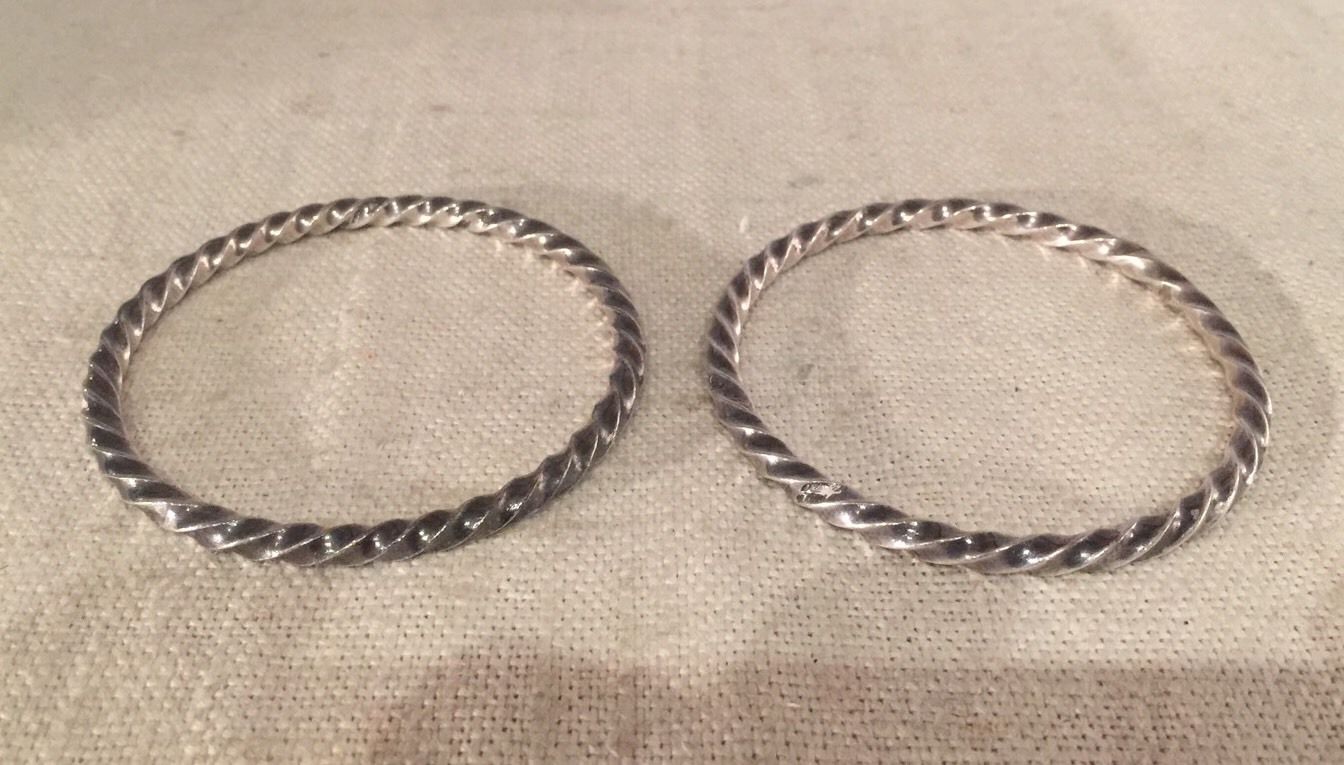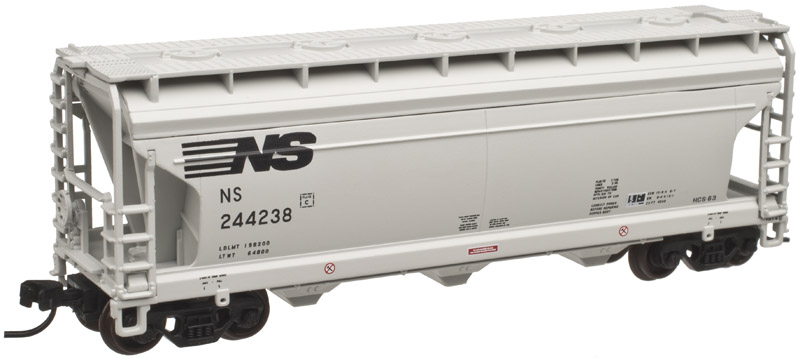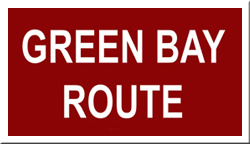Specific Item Information: Paragon3 Sound/DC/DCC
Model Information: For the first time in N scale, BLI is bringing out the USRA Light and Heavy 4-6-2 steam locomotives, commonly called Light Pacifics and Heavy Pacifics! There were 20 original Heavy Pacifics built in 1919 for the USRA program, and all 20 went to Erie Railroad. From 1923, numerous copies were built, and many railroads operated similar locomotives. There were 81 original Light Pacifics built in 1919, and these were delivered to ACL, B&O, GTW, M&O (GM&O), and L&N. Subsequently, each of these railroads built copies, and several other railroads operated locomotives with similar dimensions and equipment. The Light Pacifics were limited to 54,000 lbs load per axle, versus 60,000 for the Heavy Pacifics, and this allowed the Light Pacifics to run on most main lines.
Our Heavy and Light models follow the original designs closely. Railroad specific variations are not modeled on these locomotives. Many of the Pacifics used the same 10,000 gallon tender as the USRA Mikados, and our models uses this 10,000 gallon tender.
Our Heavy and Light models follow the original designs closely. Railroad specific variations are not modeled on these locomotives. Many of the Pacifics used the same 10,000 gallon tender as the USRA Mikados, and our models uses this 10,000 gallon tender.
Road Name History: 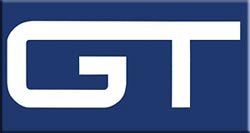 The Grand Trunk Western dates from 1928 as part of the Canadian government’s process of nationalizing some major Canadian railroads (under the name Canadian National) including the Grand Trunk Railway which had built the line. The GT lines in Michigan, Indiana and Illinois were combined under the Grand Trunk Western banner. The GTW linked the Canadian border at Port Huron (north of Detroit, Michigan) with Chicago via Durand, Lansing, and South Bend. There were also routes to Detroit, Pontiac, Bay City, Carson City, and the Lake Michigan car ferry port of Muskegon (with ferry service to Wisconsin where GTW maintained a small yard and stationed a switcher.) The GTW had about 1,000 route miles during this period. So, the GTW was an American railroad that was a wholly owned subsidiary of a Canadian corporation, wholly owned by the Canadian government. In 1970, GTW was made a subsidiary of Grand Trunk Corporation (still wholly owned by CN) which also held sister roads Central Vermont, Duluth Winnipeg & Pacific and Grand Trunk (which operated in New York and New England.) This was done to give CN’s american employees more opportunities to advance in the organization.
The Grand Trunk Western dates from 1928 as part of the Canadian government’s process of nationalizing some major Canadian railroads (under the name Canadian National) including the Grand Trunk Railway which had built the line. The GT lines in Michigan, Indiana and Illinois were combined under the Grand Trunk Western banner. The GTW linked the Canadian border at Port Huron (north of Detroit, Michigan) with Chicago via Durand, Lansing, and South Bend. There were also routes to Detroit, Pontiac, Bay City, Carson City, and the Lake Michigan car ferry port of Muskegon (with ferry service to Wisconsin where GTW maintained a small yard and stationed a switcher.) The GTW had about 1,000 route miles during this period. So, the GTW was an American railroad that was a wholly owned subsidiary of a Canadian corporation, wholly owned by the Canadian government. In 1970, GTW was made a subsidiary of Grand Trunk Corporation (still wholly owned by CN) which also held sister roads Central Vermont, Duluth Winnipeg & Pacific and Grand Trunk (which operated in New York and New England.) This was done to give CN’s american employees more opportunities to advance in the organization.
The GTW steam fleet looked very much like what you would see on the CN but GTW’s engines were built in the U.S. by Alco, Lima, and Baldwin. A fleet of 58 Alco built Mikes handled the prime road freight assignments until augmented by 43 4-8-4’s from Alco and Lima. Parent CN also relied heavily on 4-8-4’s so this was not a surprise. The last of these was delivered in 1944. Despite picking up F units and geeps for freight service early on, GTW was late to retire steam. The last run (in passenger service no less) was in 1960!
The first generation of diesels included F’s and GP9’s (set up long hood forward as on parent CN) followed by GP18’s for freight service. GTW went to EMD and Alco for switchers. Road units were painted in a green and gold scheme essentially the same as that of CN but with their own lettering and logos.
In 1962, GTW adopted a new “noodle” logo using the letters GT to conform to CN’s own noodle logo adopted two years before. Locomotives were painted black with Morency Orange ends (later replaced with red) with light gray frame stripes and lettering. Cab units received the familiar “sergeant stripe” scheme used on CN. GTW’s second generation of diesels (which also introduced the switch to low short hoods and running short-hood-forward) began in 1969 with the delivery of SD40’s followed by GP38AC and GP38-2 models. In December of 1971, GTW switched from black to blue with red ends and white frame stripe and lettering.
In addition to acting as a link from Chicago to eastern Canada, GTW was also an important carrier for the auto industry. Their freight car fleet included large numbers of auto parts boxcars and auto racks. In the early 70’s, GTW adopted the motto, “the Good Track road” on their freight cars to set them apart from their derailment prone neighbor Penn Central.
In 1980, GTW acquired another railroad critical to the auto industry, the Detroit Toledo & Ironton. This gave GTW routes from Detroit to the Ohio River. A year later, they acquired Norfolk & Western’s half of the Detroit & Toledo Shore Line, merging that small bridge line connecting Detroit with Toledo.
At this point, GTW was over 1,500 miles long with 262 diesels and nearly 12,000 cars. In 1995, GTW’s parent Canadian National was privatized, at which point there was less need for the US subsidiaries to have distinctly separate identities. Grand Trunk Western continues as a “paper railroad” but operations on these lines are now run as part of the greater Canadian National system.

The GTW steam fleet looked very much like what you would see on the CN but GTW’s engines were built in the U.S. by Alco, Lima, and Baldwin. A fleet of 58 Alco built Mikes handled the prime road freight assignments until augmented by 43 4-8-4’s from Alco and Lima. Parent CN also relied heavily on 4-8-4’s so this was not a surprise. The last of these was delivered in 1944. Despite picking up F units and geeps for freight service early on, GTW was late to retire steam. The last run (in passenger service no less) was in 1960!
The first generation of diesels included F’s and GP9’s (set up long hood forward as on parent CN) followed by GP18’s for freight service. GTW went to EMD and Alco for switchers. Road units were painted in a green and gold scheme essentially the same as that of CN but with their own lettering and logos.
In 1962, GTW adopted a new “noodle” logo using the letters GT to conform to CN’s own noodle logo adopted two years before. Locomotives were painted black with Morency Orange ends (later replaced with red) with light gray frame stripes and lettering. Cab units received the familiar “sergeant stripe” scheme used on CN. GTW’s second generation of diesels (which also introduced the switch to low short hoods and running short-hood-forward) began in 1969 with the delivery of SD40’s followed by GP38AC and GP38-2 models. In December of 1971, GTW switched from black to blue with red ends and white frame stripe and lettering.
In addition to acting as a link from Chicago to eastern Canada, GTW was also an important carrier for the auto industry. Their freight car fleet included large numbers of auto parts boxcars and auto racks. In the early 70’s, GTW adopted the motto, “the Good Track road” on their freight cars to set them apart from their derailment prone neighbor Penn Central.
In 1980, GTW acquired another railroad critical to the auto industry, the Detroit Toledo & Ironton. This gave GTW routes from Detroit to the Ohio River. A year later, they acquired Norfolk & Western’s half of the Detroit & Toledo Shore Line, merging that small bridge line connecting Detroit with Toledo.
At this point, GTW was over 1,500 miles long with 262 diesels and nearly 12,000 cars. In 1995, GTW’s parent Canadian National was privatized, at which point there was less need for the US subsidiaries to have distinctly separate identities. Grand Trunk Western continues as a “paper railroad” but operations on these lines are now run as part of the greater Canadian National system.
Brand/Importer Information: 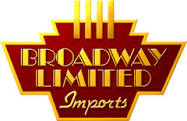 Broadway Limited Imports, LLC defines itself as "the world's foremost producer of top-quality HO and N scale model trains".
Broadway Limited Imports, LLC defines itself as "the world's foremost producer of top-quality HO and N scale model trains".
The company was founded in 2002 and introduced its first N scale model in 2009.
Broadway Limited Imports is composed of a team of 15 fun loving individuals who are dedicated to creating the most realistic model railroading experience possible, with the best customer service possible.
The Broadway Limited Imports headquarters is located in Ormond Beach, Florida at 9 East Tower Circle. It's just under an hour's drive from Disney World.
About Broadway Limited Imports.

The company was founded in 2002 and introduced its first N scale model in 2009.
Broadway Limited Imports is composed of a team of 15 fun loving individuals who are dedicated to creating the most realistic model railroading experience possible, with the best customer service possible.
The Broadway Limited Imports headquarters is located in Ormond Beach, Florida at 9 East Tower Circle. It's just under an hour's drive from Disney World.
About Broadway Limited Imports.
Item created by: CNW400 on 2021-03-08 12:31:26. Last edited by CNW400 on 2021-04-28 15:57:38
If you see errors or missing data in this entry, please feel free to log in and edit it. Anyone with a Gmail account can log in instantly.
If you see errors or missing data in this entry, please feel free to log in and edit it. Anyone with a Gmail account can log in instantly.




